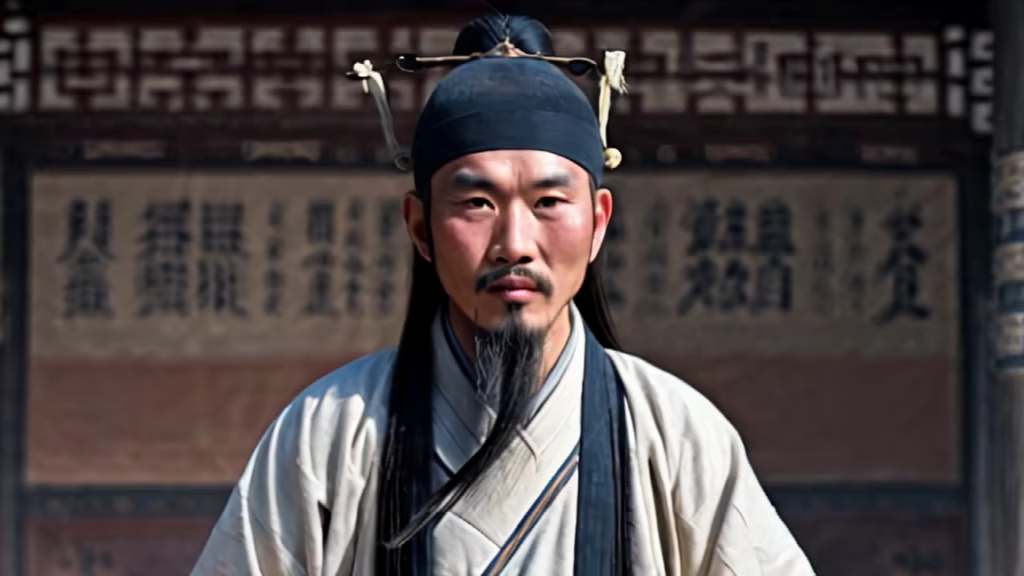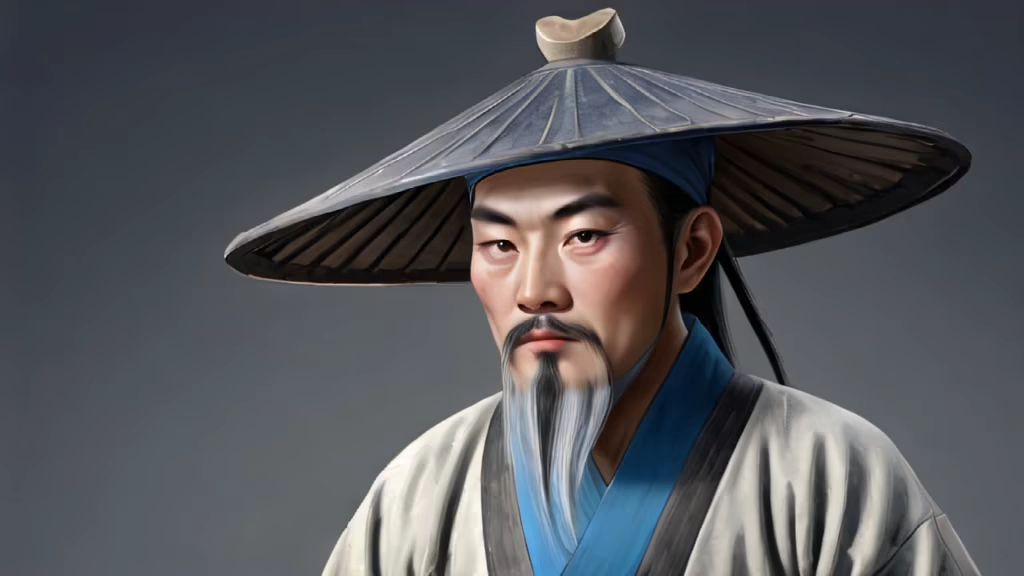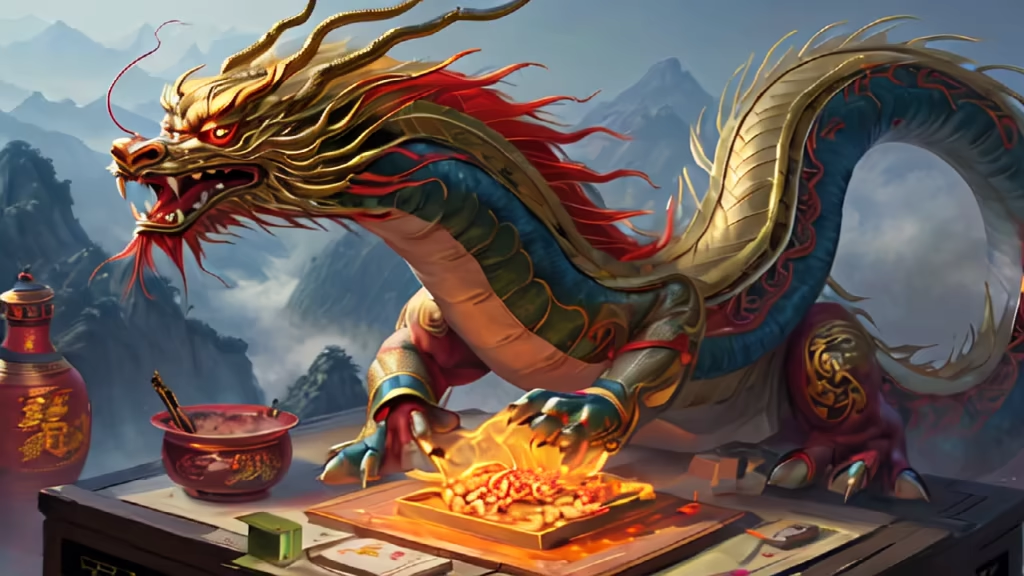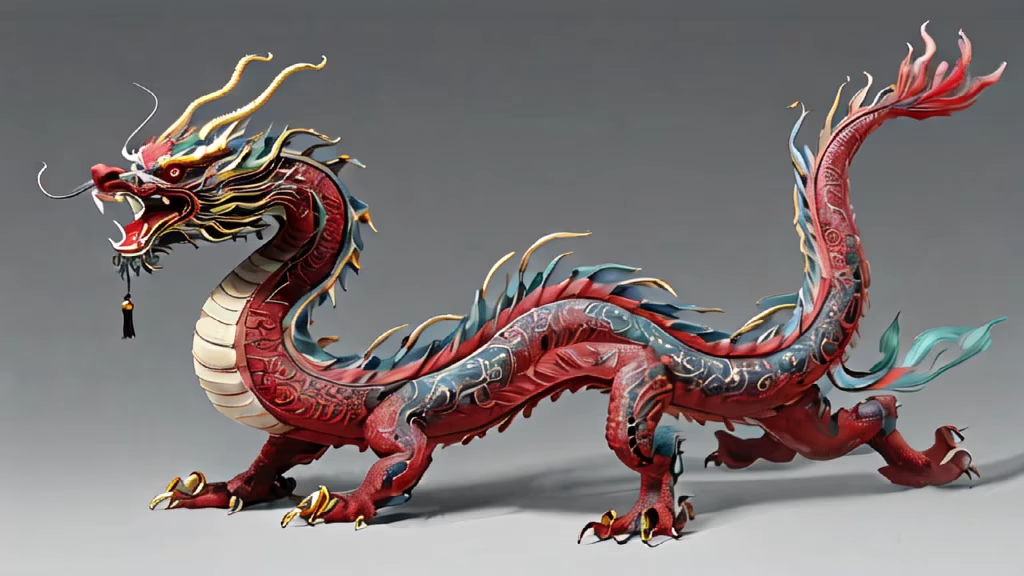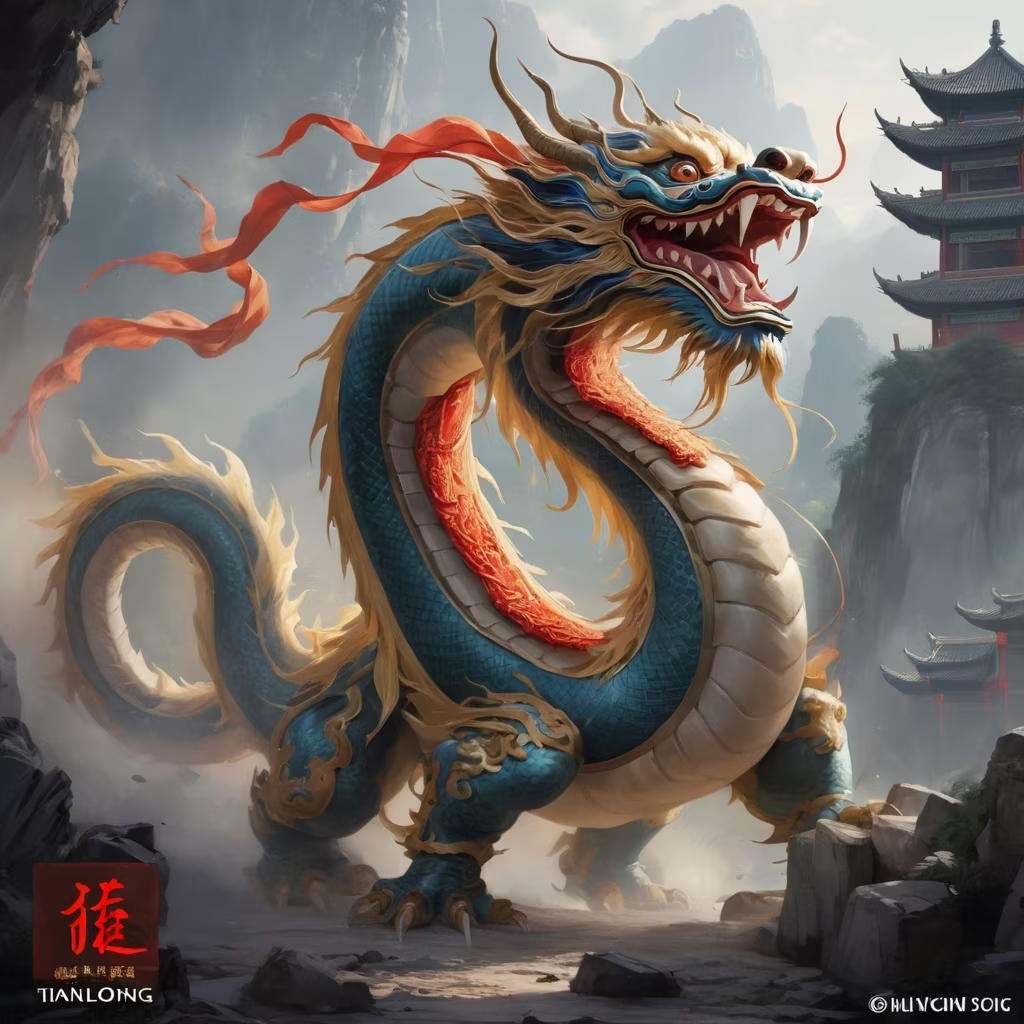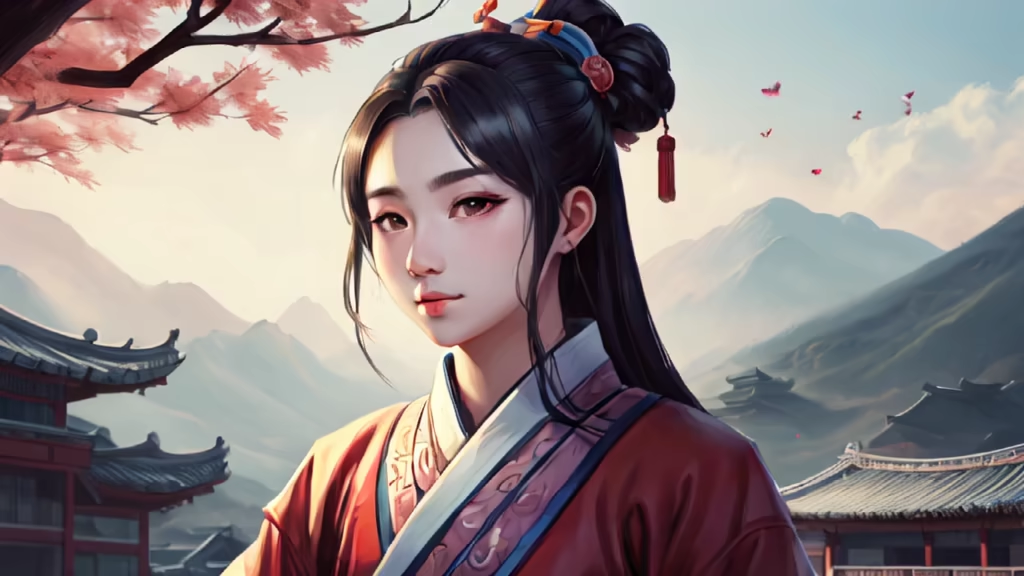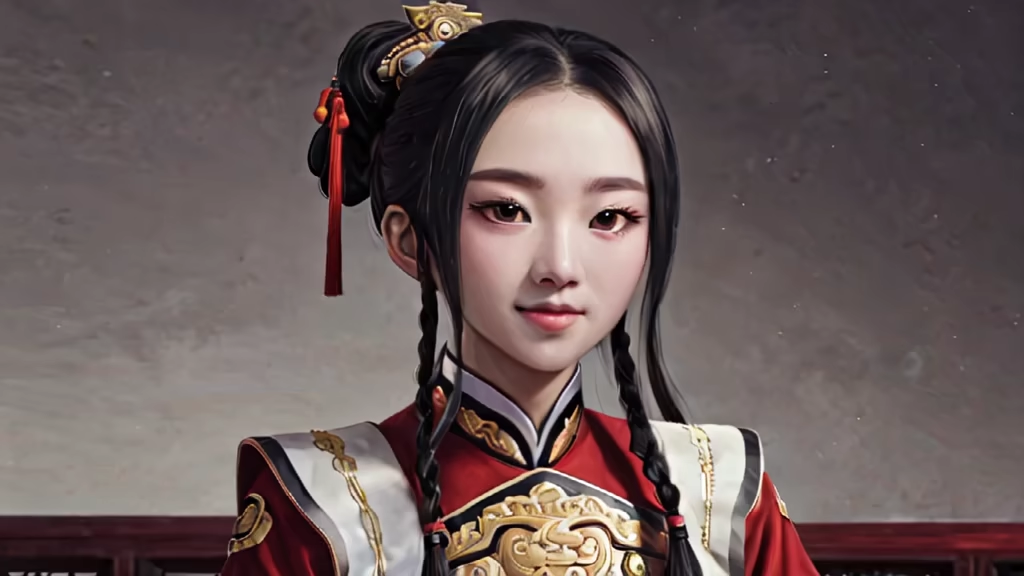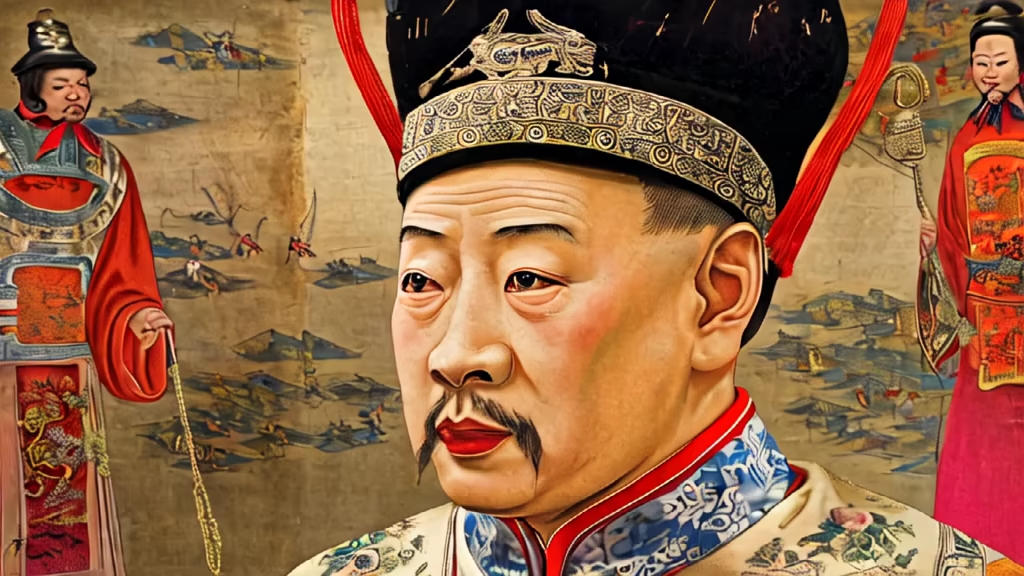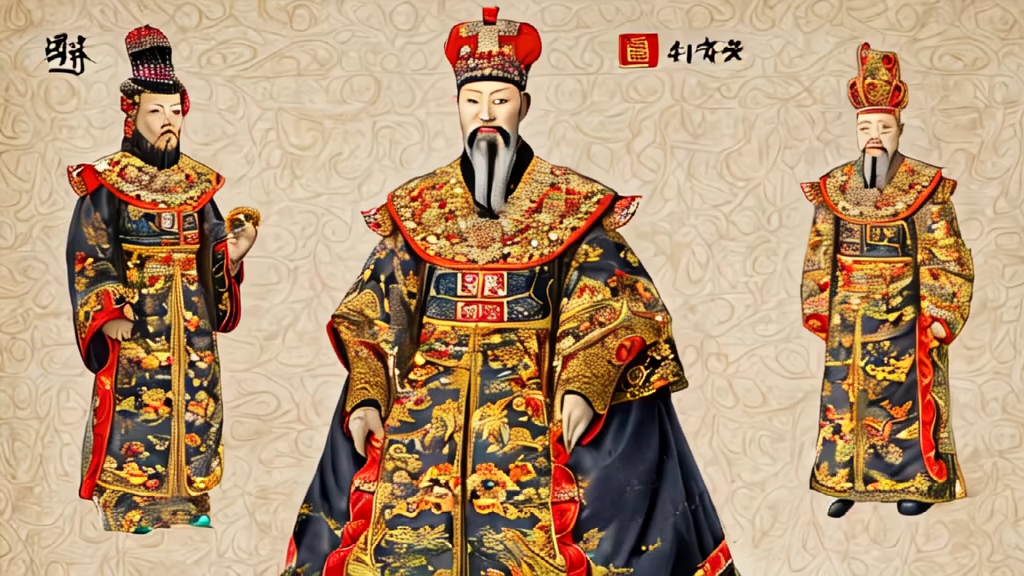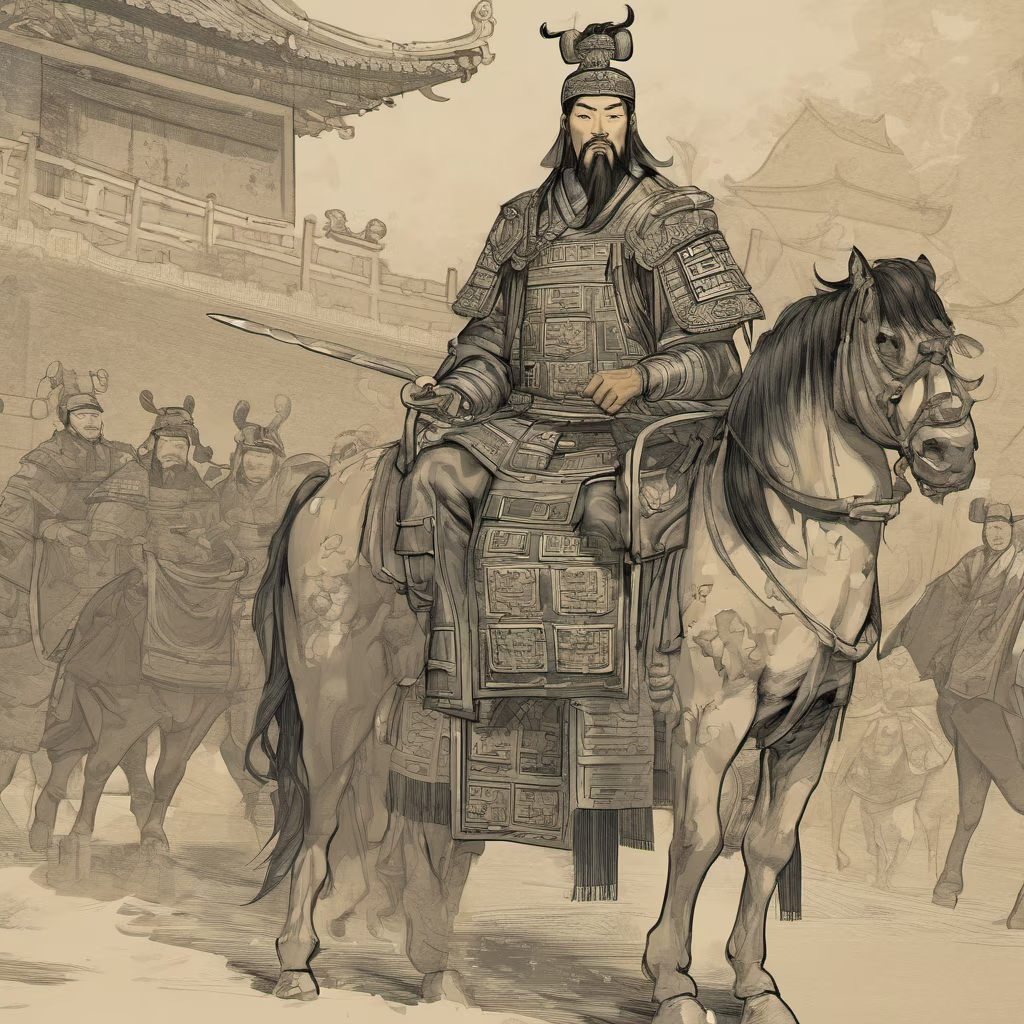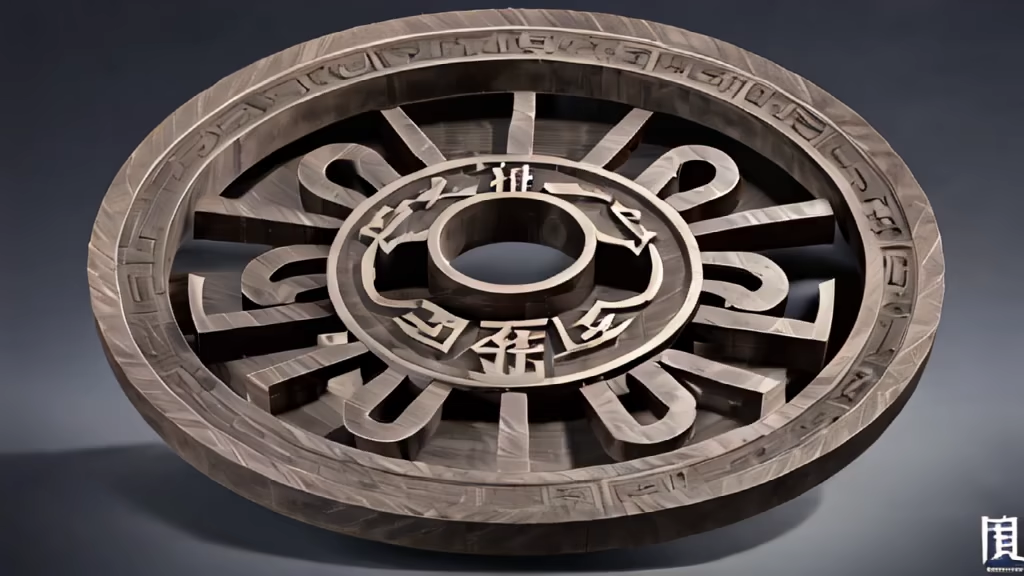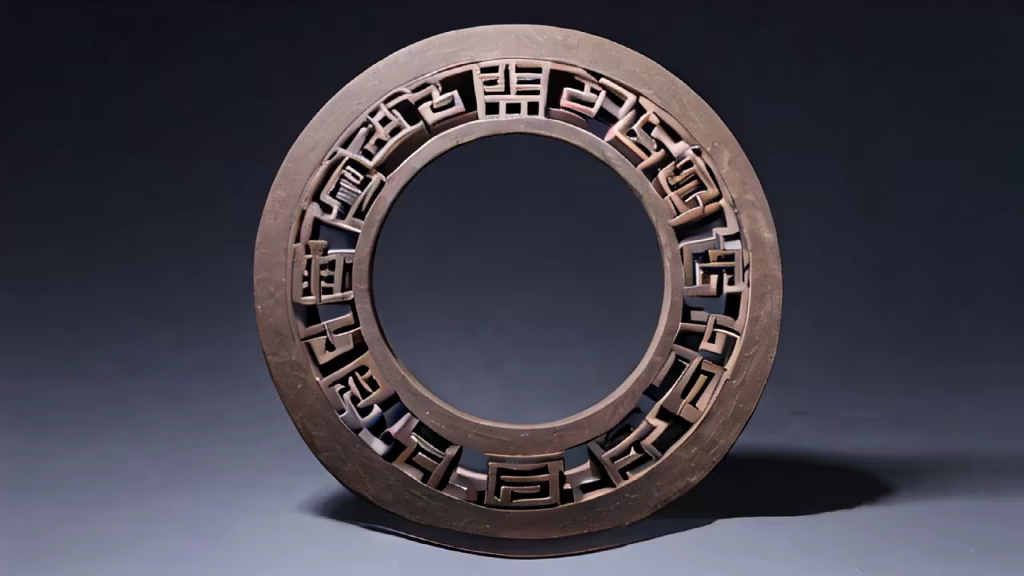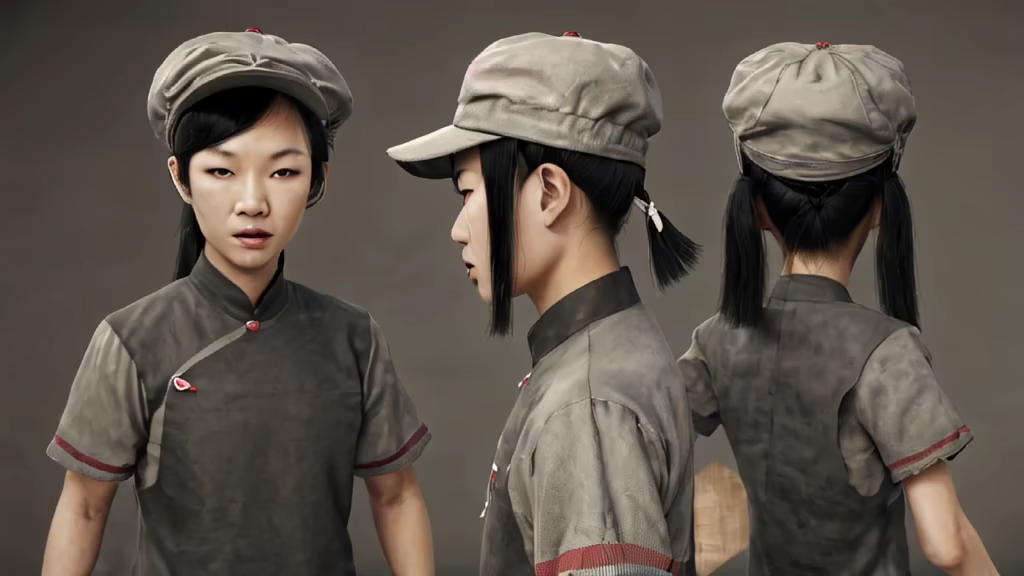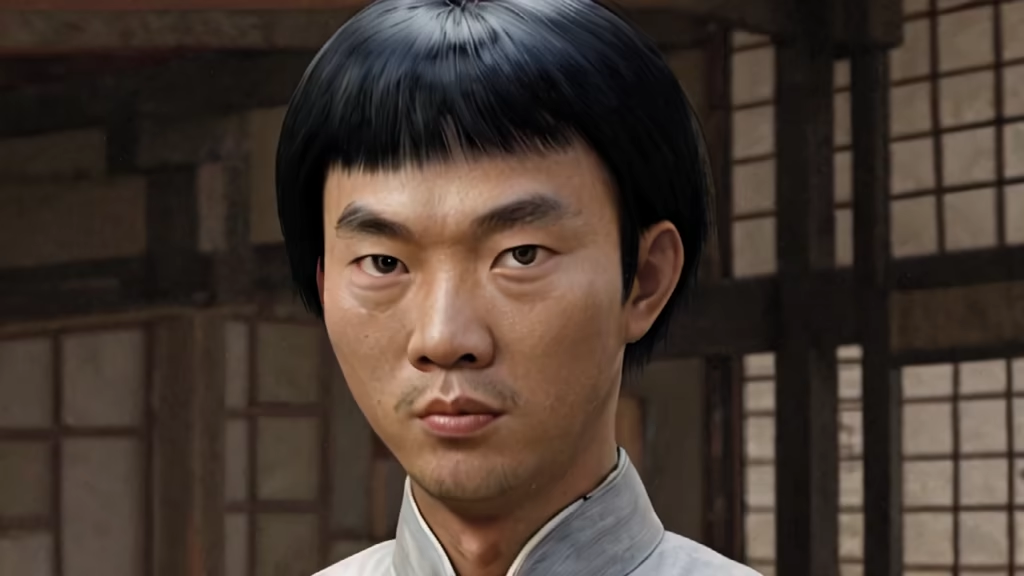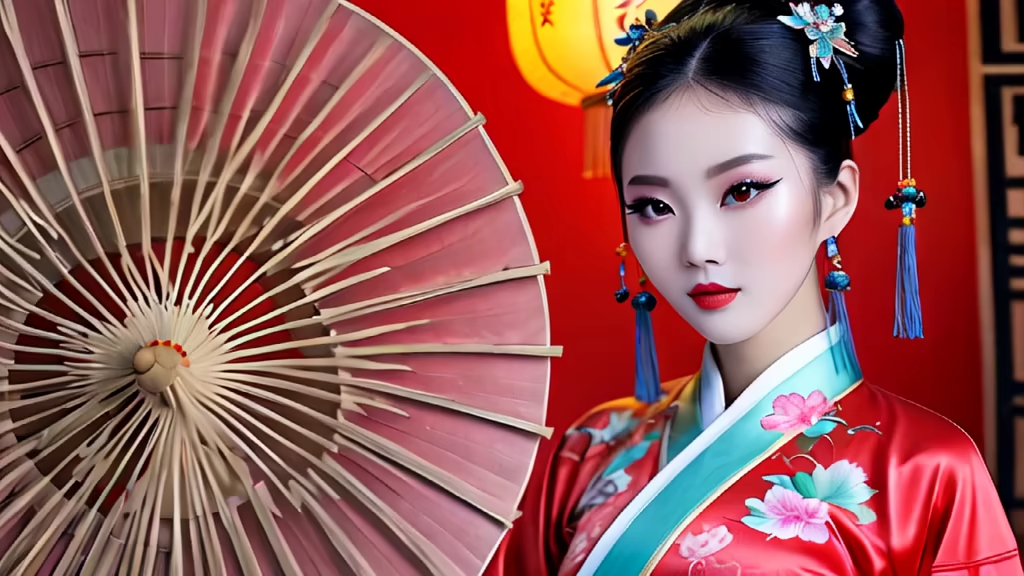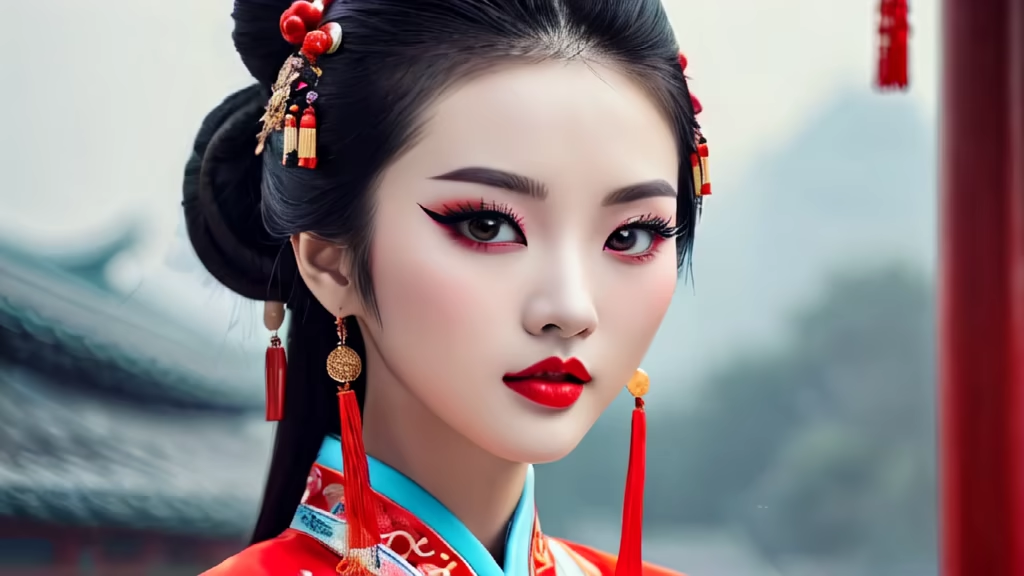Prompt: The Tang Dao from the Tang Dynasty in China is exquisite, with enhanced details and clear lines.8K
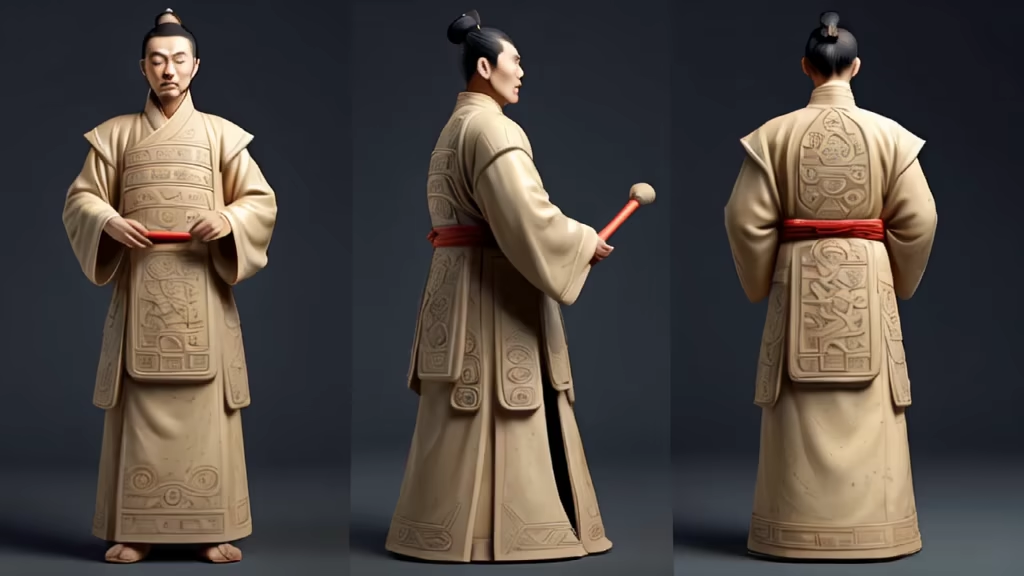
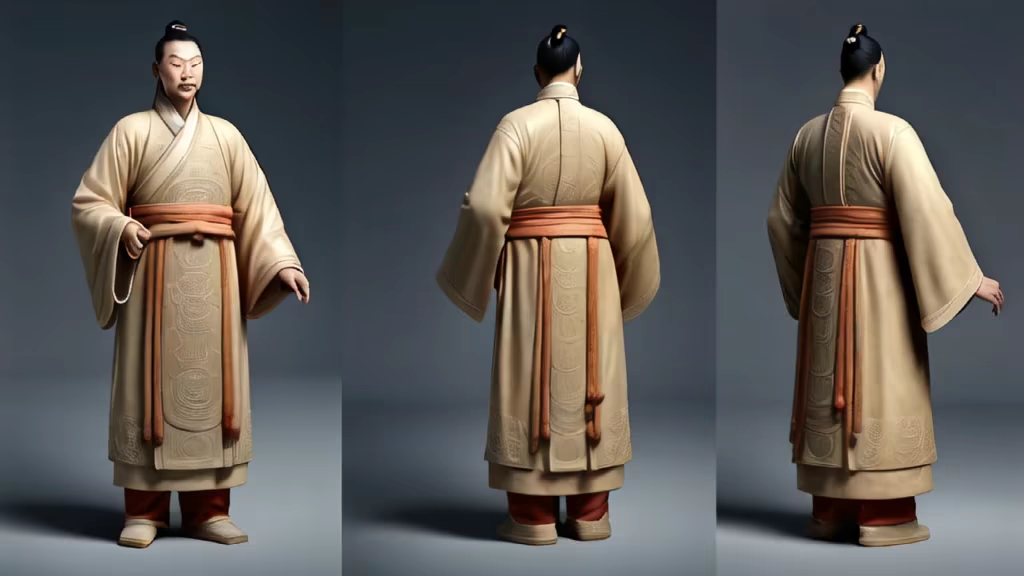






Prompt: Ming Taizu Zhu Yuanzhang (October 21, 1328 - June 24, 1398), formerly known as Zhu Chongba, was renamed Zhu Xingzong, with the courtesy name Guorui, from Zhongli County, Haozhou, Huainan (now Fengyang County, Anhui Province), Ming Dynasty, China The founding emperor established the Ming Dynasty in 1368 AD. He reigned for thirty-one years. His reign name was \"Hongwu\", his temple name was \"Taizu\", and his posthumous title was \"Kai Tian Xing Dao Zhao Ji Li\". Emperor Gao\", collectively referred to as \"Emperor Taizu Gao\"








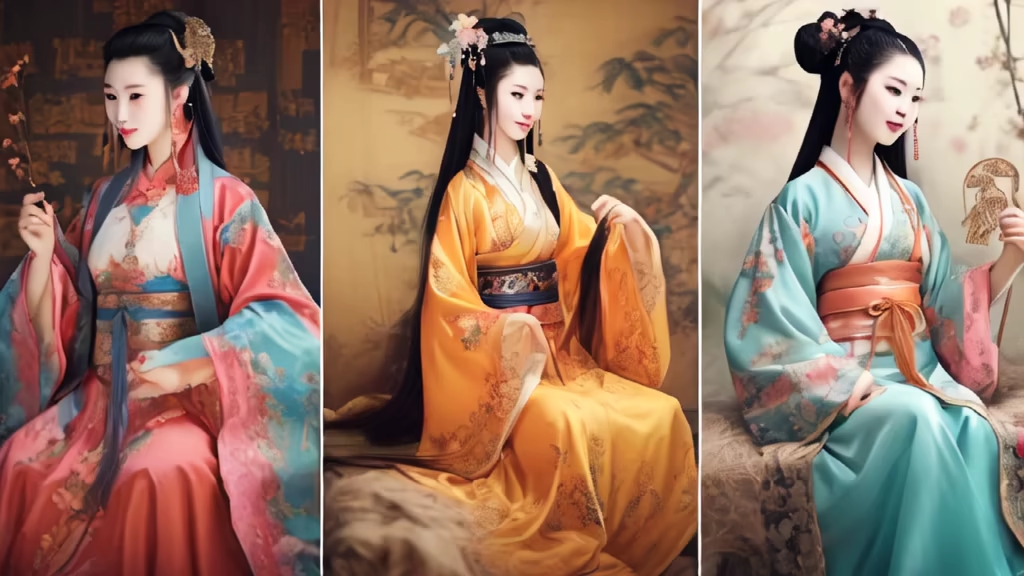
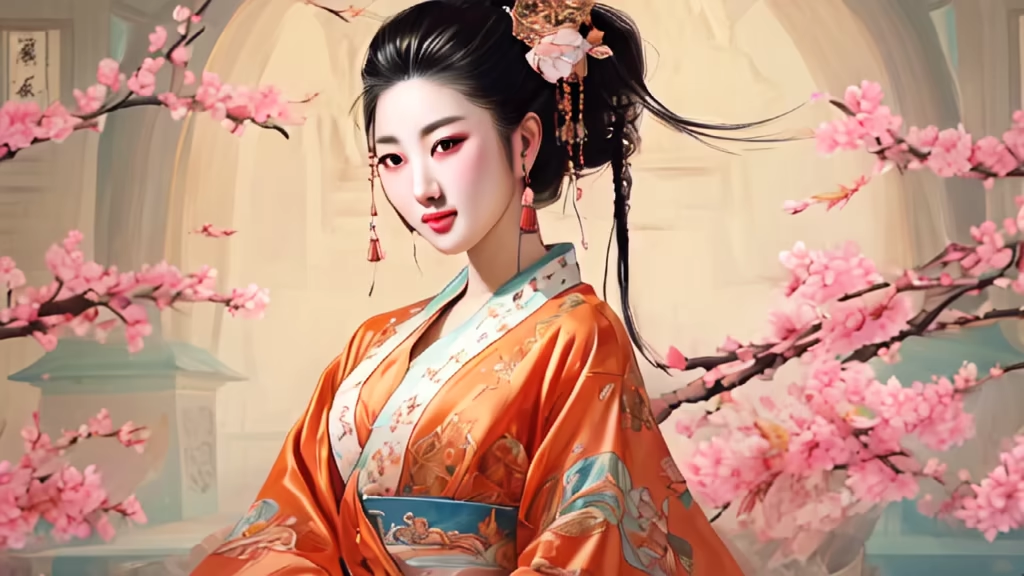



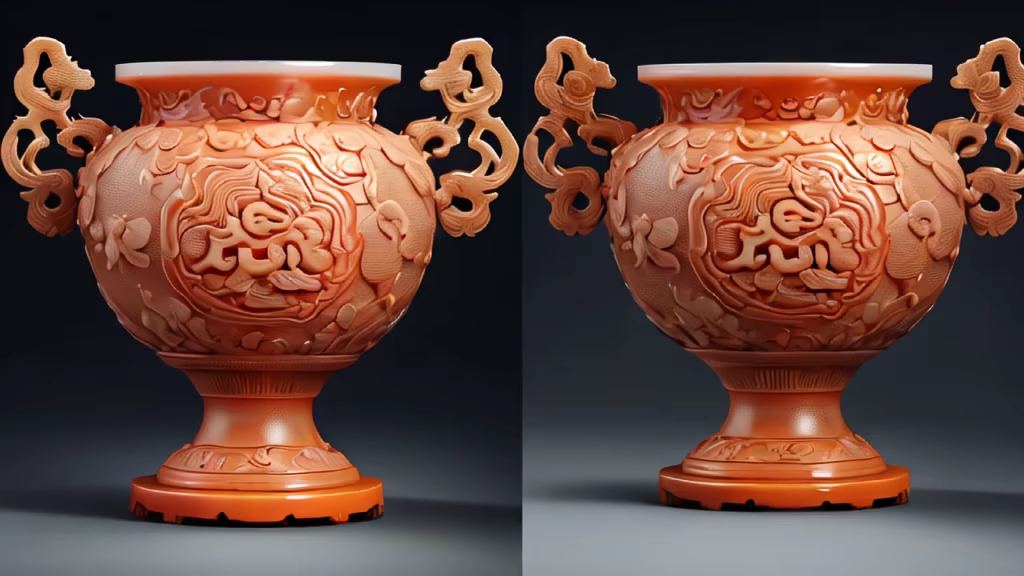
Prompt: Identity and Characteristics of Wang Anshi Instructions: Please describe Wang Anshi's identity and characteristics. He is the prime minister of the Song Dynasty, known for his ____.




Prompt: The Tang Dynasty attacked the city of the Song Dynasty, which was super bloody, and the corpses were piled up
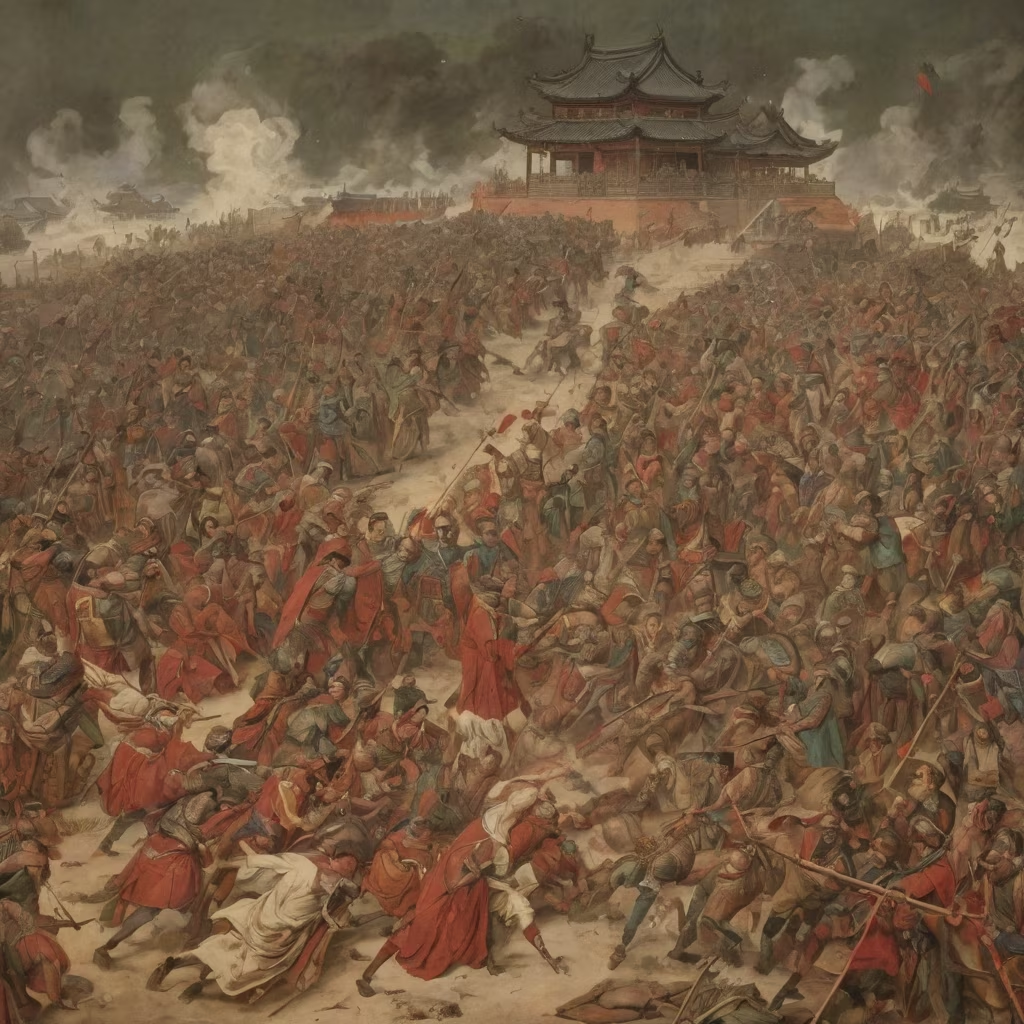



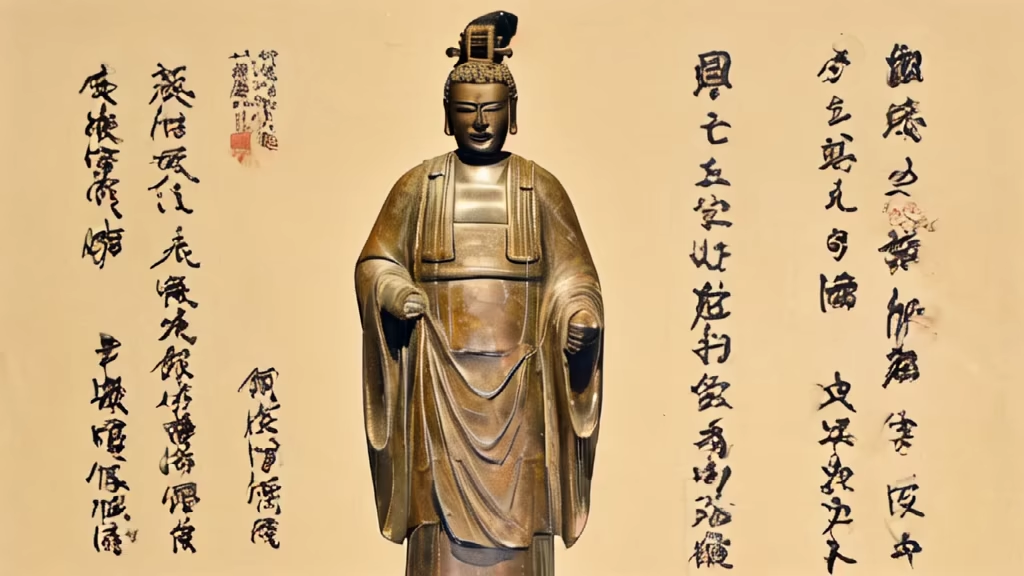
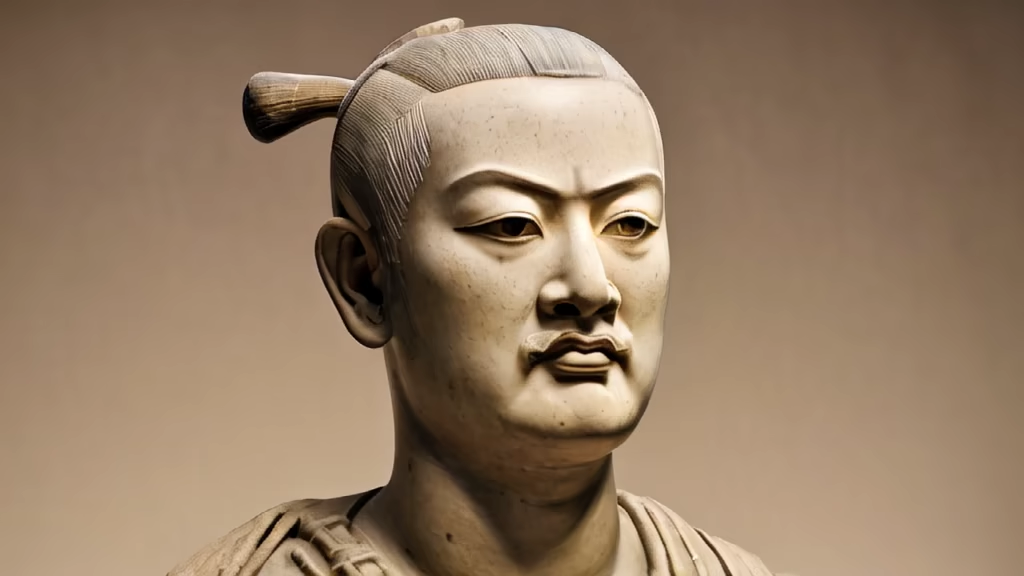
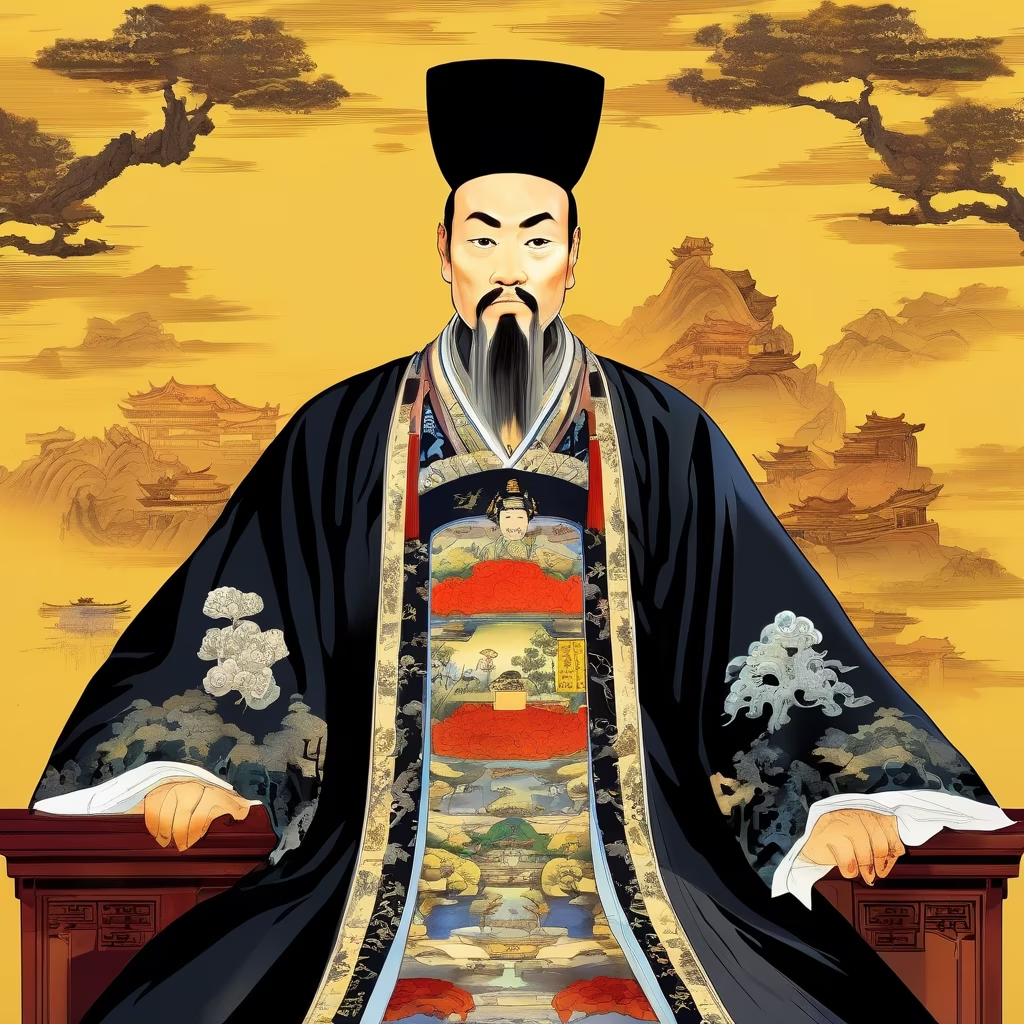



Prompt: Introduce Wang Anshi's identity and characteristics. He is the prime minister of the Song Dynasty, known for his broad-mindedness and humorous personality.
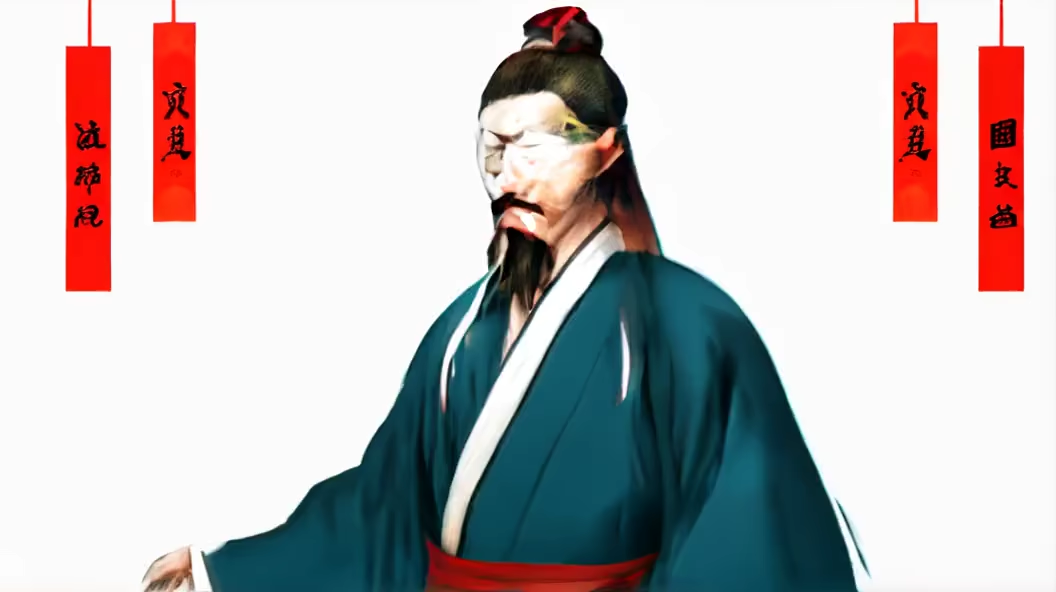
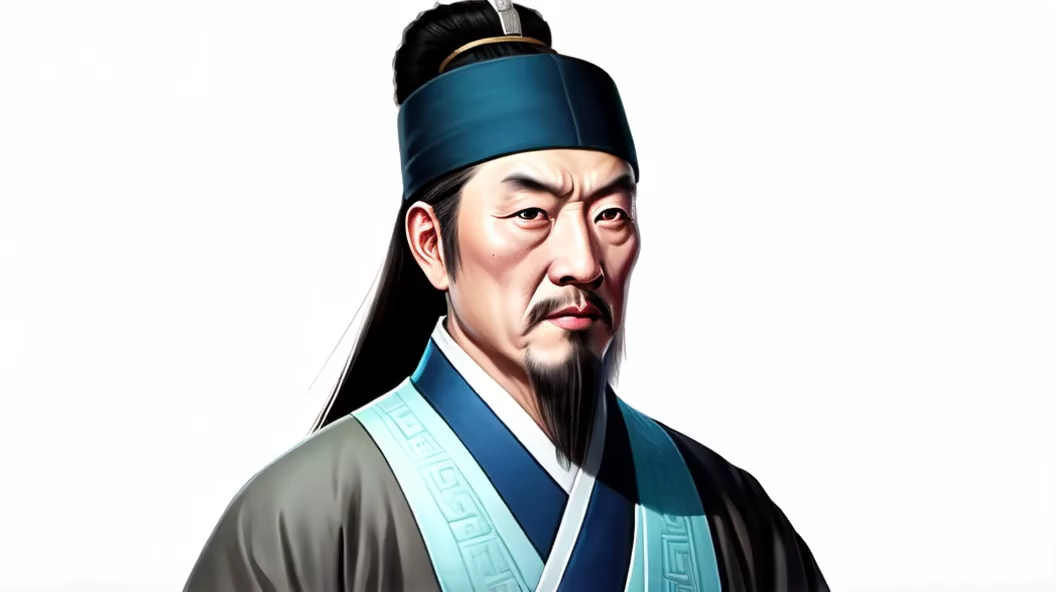
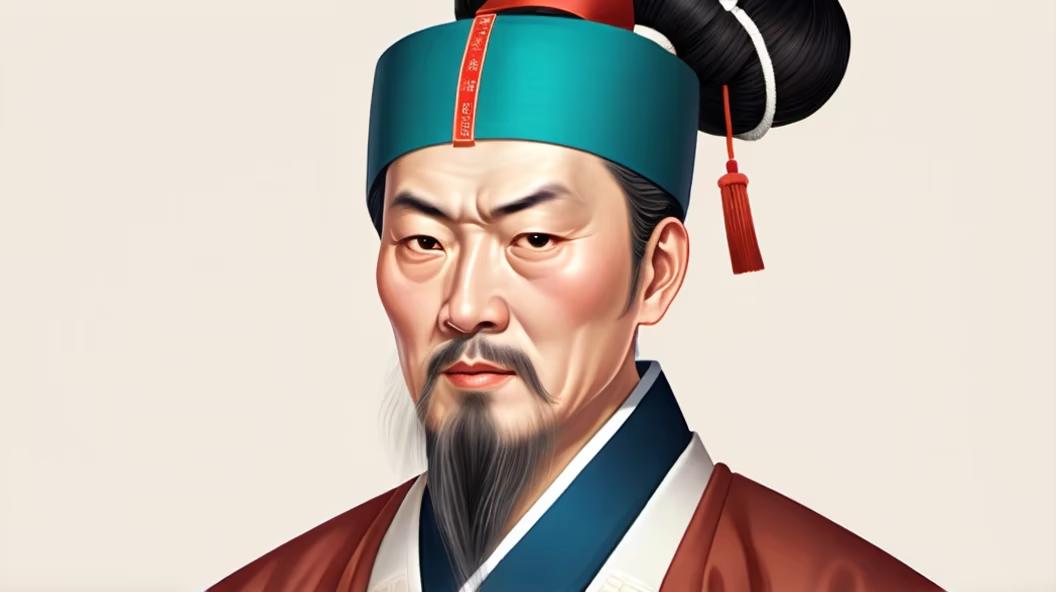
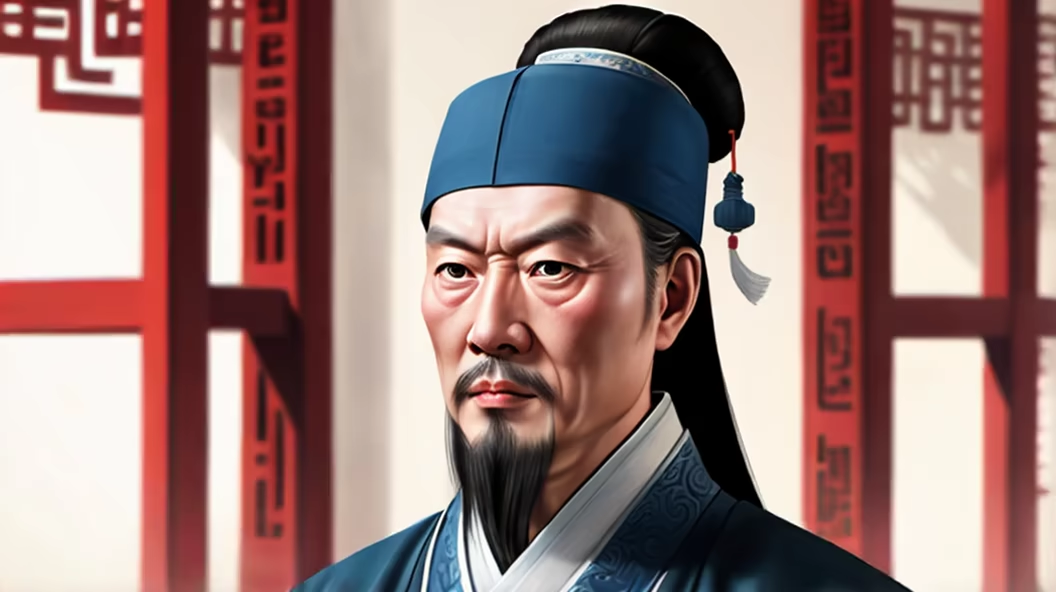




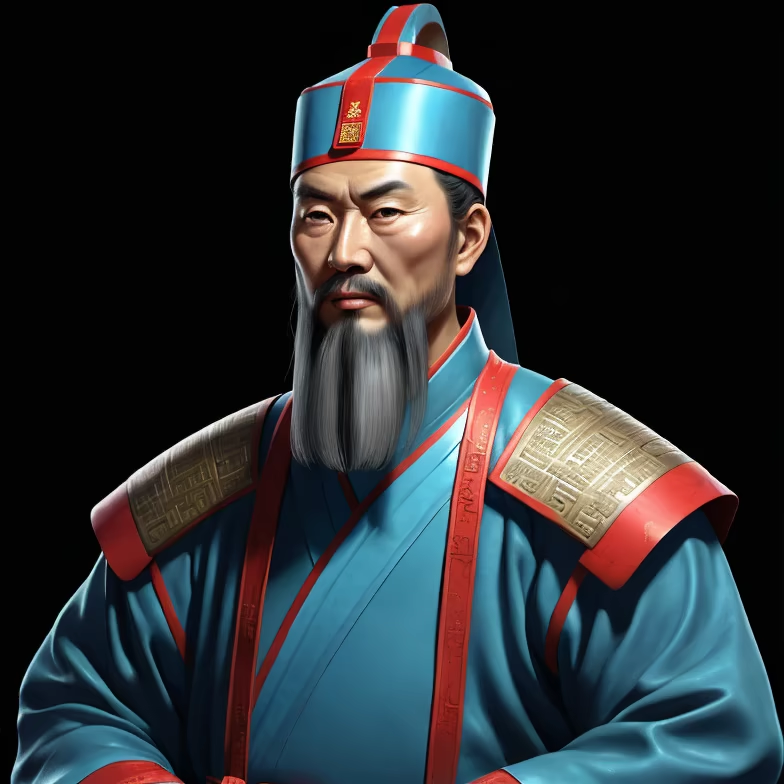
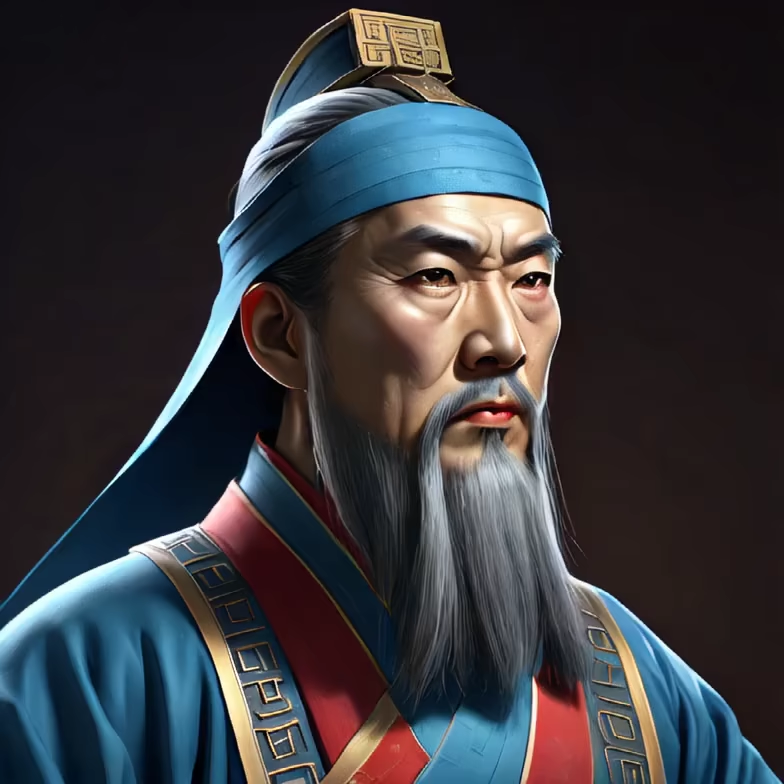
Prompt: Introduce Wang Anshi's identity and characteristics. He is the prime minister of the Song Dynasty, known for his broad-mindedness and humorous personality

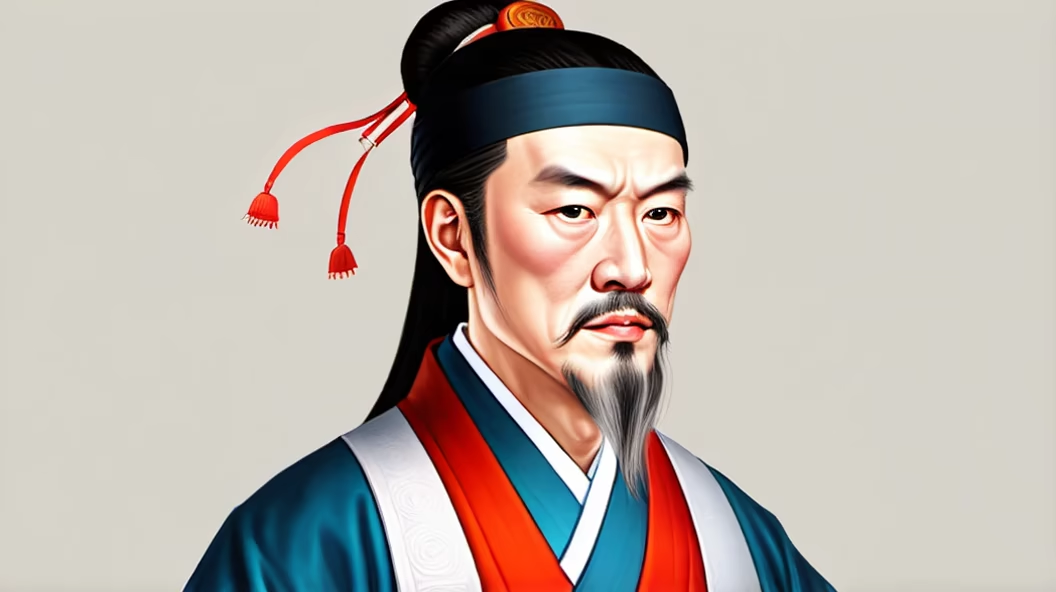








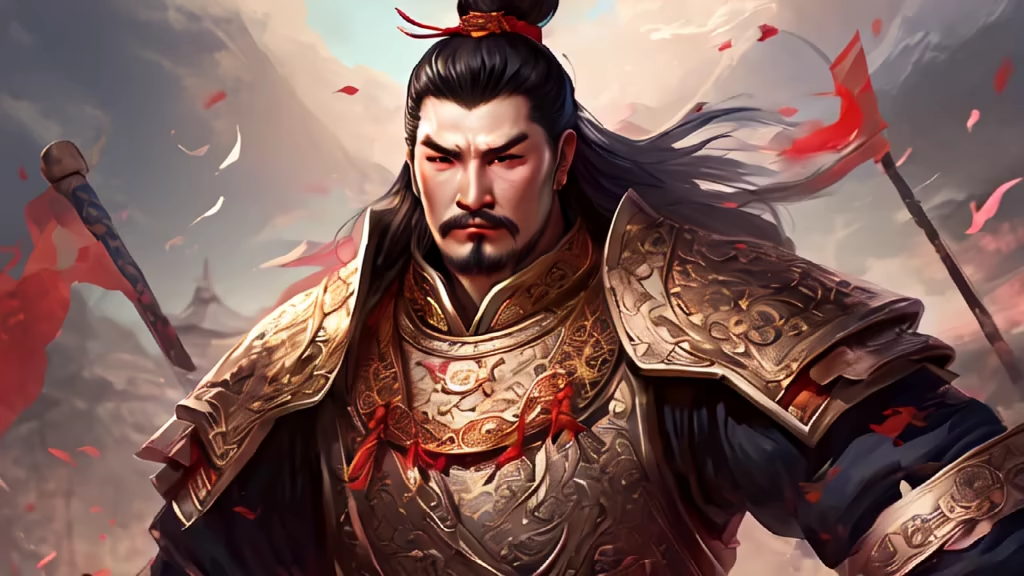
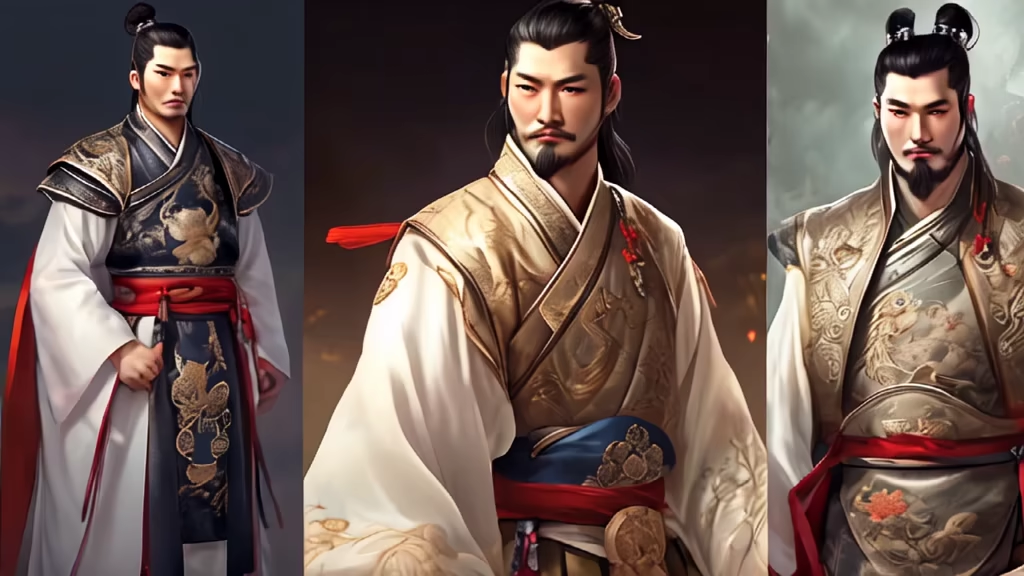








Prompt: In ancient China's Warring States period, King Ying Zheng of Qin sought to unify the six states. Displaying political acumen and military brilliance from a young age, he implemented strict laws and formed alliances with Qi, Wei, Yan, Chu, Zhao, and Han. Leading with unique military tactics, Ying Zheng achieved victories, notably at the Battle of Changping against Zhao. However, internal dissent arose due to harsh measures like book burnings. Despite this, Ying Zheng successfully established the Qin Dynasty, proclaiming himself Qin Shi Huang. His authoritarian rule, marked by forced labor and the quest for immortality, led to discontent, ultimately contributing to the downfall of the Qin Dynasty after his death. While Qin Shi Huang's legacy included the unification of China, it also brought about a legacy of oppression and discontent. The subsequent Han Dynasty sought a more balanced rule, embracing Confucianism and influencing the course of Chinese history. Ying Zheng's journey, marked by triumphs and tragedies, remains a complex narrative from a pivotal era.




